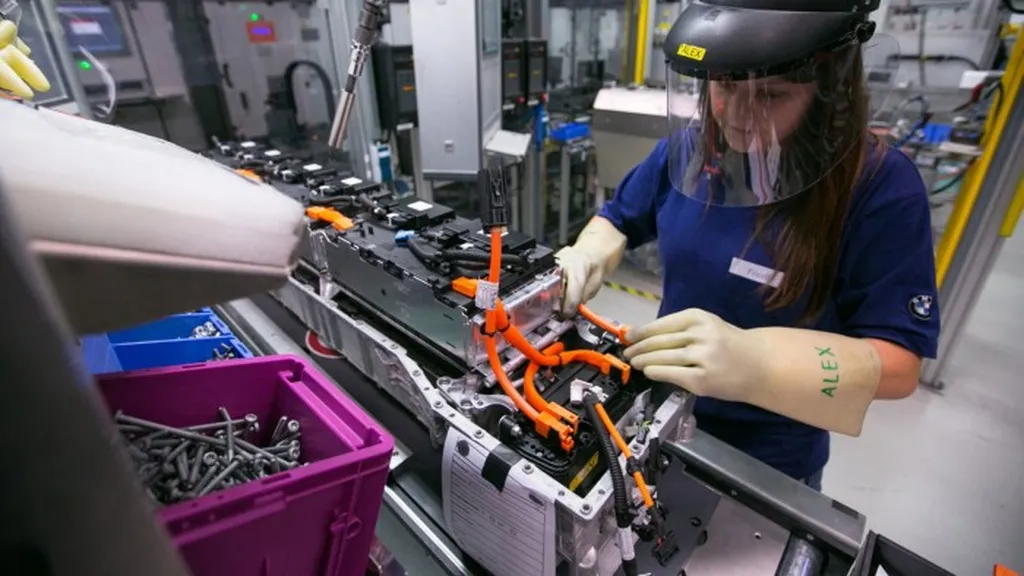In the heart of Prague, researchers are quietly revolutionizing the way we think about urban mobility. Michal Cenkner, from the Czech Technical University in Prague’s Faculty of Transportation Sciences, has been leading a project that could redefine the future of small urban vehicles. His work, published in the Proceedings of the Czech Technical University, explores the integration of hydrogen fuel cell technology into compact city cars, offering a glimpse into a future where zero-emission vehicles are not just a trend, but a practical reality.
The shift towards sustainable urban mobility is gaining momentum across Europe, with electric vehicles (EVs) leading the charge. However, EVs are not without their challenges. The extraction of raw materials for battery production is fraught with environmental and ethical concerns, and the long charging times can be a significant inconvenience for urban dwellers. Enter hydrogen fuel cells (HFCs), a technology that promises longer ranges and shorter refueling times, all while maintaining zero local emissions.
Cenkner’s research focuses on the design and implementation of a hydrogen fuel cell system in a small urban vehicle. The project is a testament to the potential of HFCs, demonstrating their ability to provide sufficient power and efficiency for city driving. “The biggest challenge was the placement of the components and defining the sufficient power of the fuel cell system integrated as a range extender,” Cenkner explains. This modular approach not only optimizes space but also ensures that the vehicle remains efficient and practical for urban use.
The implications of this research for the energy sector are profound. As cities around the world grapple with pollution and congestion, the need for sustainable, efficient urban mobility solutions has never been greater. Hydrogen fuel cells offer a viable alternative to traditional combustion engines and even EVs, with the potential to reduce greenhouse gas emissions and combat climate change.
Moreover, the modular design of Cenkner’s prototype vehicle opens up new possibilities for customization and scalability. This flexibility could make hydrogen fuel cell technology more accessible and adaptable to a wide range of urban vehicles, from compact cars to public transport. “This research could pave the way for a new generation of urban vehicles that are not only environmentally friendly but also practical and efficient,” Cenkner says.
As the world continues to search for sustainable solutions to urban mobility, Cenkner’s work serves as a beacon of hope. His research not only highlights the potential of hydrogen fuel cells but also demonstrates the importance of innovative design and practical implementation. With the energy sector under increasing pressure to deliver clean, efficient solutions, this research could shape the future of urban transportation and contribute to a more sustainable, livable world.

